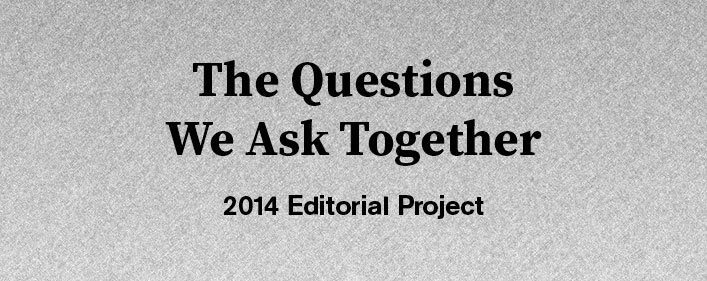Am I a do-gooder? Do I need to be?
Dear Inner Do-Gooder,
Let’s stop for a moment of reflection as encouraged by the Open Engagement blog… with their question for you: Are you a do-gooder? Consider the definition of a do-gooder from the Cambridge online dictionary; “Someone who does things that they think will help other people, although the other people might not find their actions helpful.”
We all make mistakes! There have been times where your actions, although intended to be good, have been met with raised eyebrows and polite silence. You’ve done things either accidentally or through an internal voice that encourages you to do good for others. This voice was schooled by the system we live in, which is racist, patriarchal and phobic of so many people. This flawed patronising, paternal system positions the people it oppresses as needing help, rather than being powerful change agents. This voice encourages do-gooding.
Consider Henry Thoreau’s famous quotation from Walden; “If I knew for a certainty that a man was coming to my house with the conscious design of doing me good, I should run for my life…” Do you like it when other people try and do you good? Did you like it when your parents said it was for your own good? Or when elected politicians argue that it’s for the good of the nation, even if it means going to war, cutting old people’s pensions, or forcibly removing people’s children? Or when others have tried do-gooding within your own communities and excluded the very people who could have provided the needed leadership?
Next time before thinking what good you can do, it is essential that the people and communities impacted (by any situation) need to be at the centre of the solution. This is something you already know and, like all of us, need to constantly remember. Ask yourself who walked through the door first?
You have a natural tendency towards action, to fixing things, to attending meetings, to making art works which raise social issues, that bring people together to try and problem solve those exact issue and sometimes all this doing leaves little space for being.
Consider Midwives, who earlier this week celebrated ‘International Midwives Day.’ In their work any intervention that is not considered life saving and beyond the consent of the birthing person can actually cause harm. You will find a suite of statistics and random control trials that lead even the most disengaged person to see that intervention leads to further intervention, leads to poor heath outcomes for all involved. The concept of being in midwifery means that instead the skilled health practitioner watches, listens, asks questions, provides support physically and emotionally during one of the most grueling, painful and blissful of life’s events. This support is activated by the person at the centre of the birthing experiencing and their consent is paramount.
Lenine, you have had many opportunities to see artists, activists, community people, midwives, children, educators, sex workers, writers, thinkers and Elders share their stories of justice and the ways in which people worked together. It’s a fine line between being a do-gooder and doing nothing from fear of making a mistake or offending others. Being in solidarity might mean reaching out to the people organising things, for their own communities. Asking people what support they need, and actually responding to what has been requested. Through this process of doing some of the on-the-ground work at the direction of those most impacted, relationships grow, and we get to find out what is actually needed.
Other times it is you and your communities that are impacted and then, I have a different letter to write to you.
Good luck in your journey of learning and art making.
With love and kindness,
Yours sincerely,
Lenine Bourke
––Thanks to Sunny Drake for his advice.
About the contributor: Lenine Bourke has a broad range of professional experiences in the arts and cultural sector, nationally and internationally, leading various organisations and projects. She has worked as the Artistic Director of Contact Inc, an arts and cultural organisation committed to social change, and the Executive Director of Young People and the Arts Australia, the national peak body for youth arts. She has led various arts organisations and projects, and worked for peak bodies, local and state government, statutory authorities, educational institutions, galleries, festivals and artists groups. Including, Youth Arts Queensland, Brisbane City Council, Stylin’UP Regional, Ideas Festival, Backbone Youth Arts, Tafe NSW, Office for Youth Affairs, Queensland University of Technology, The Roadside Room (ARI), Public Art Agency, Transit Lounge, Queens Public Girls School (Dunedin). She is a skilled practitioner and arts executive who has deliberately developed a career across a wide variety of art forms, research, policy development, writing and service delivery. She has focused the majority of her work in engaging children and young people, as well as diverse communities. thewalkingneighbourhood.com.au
